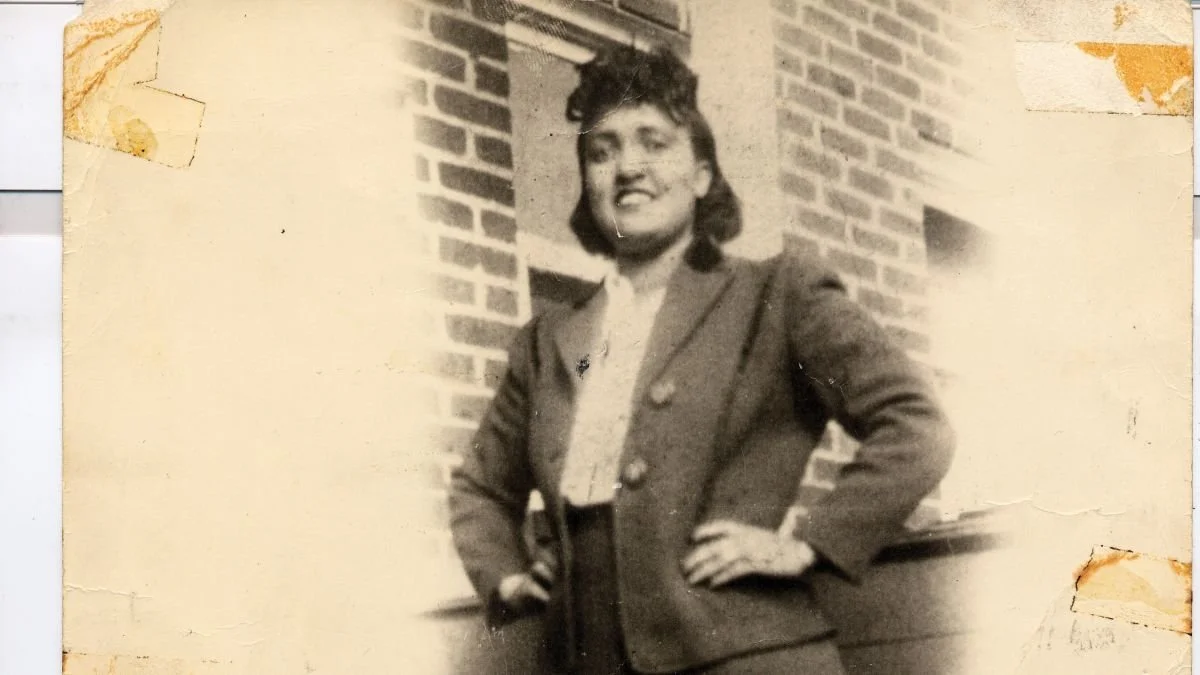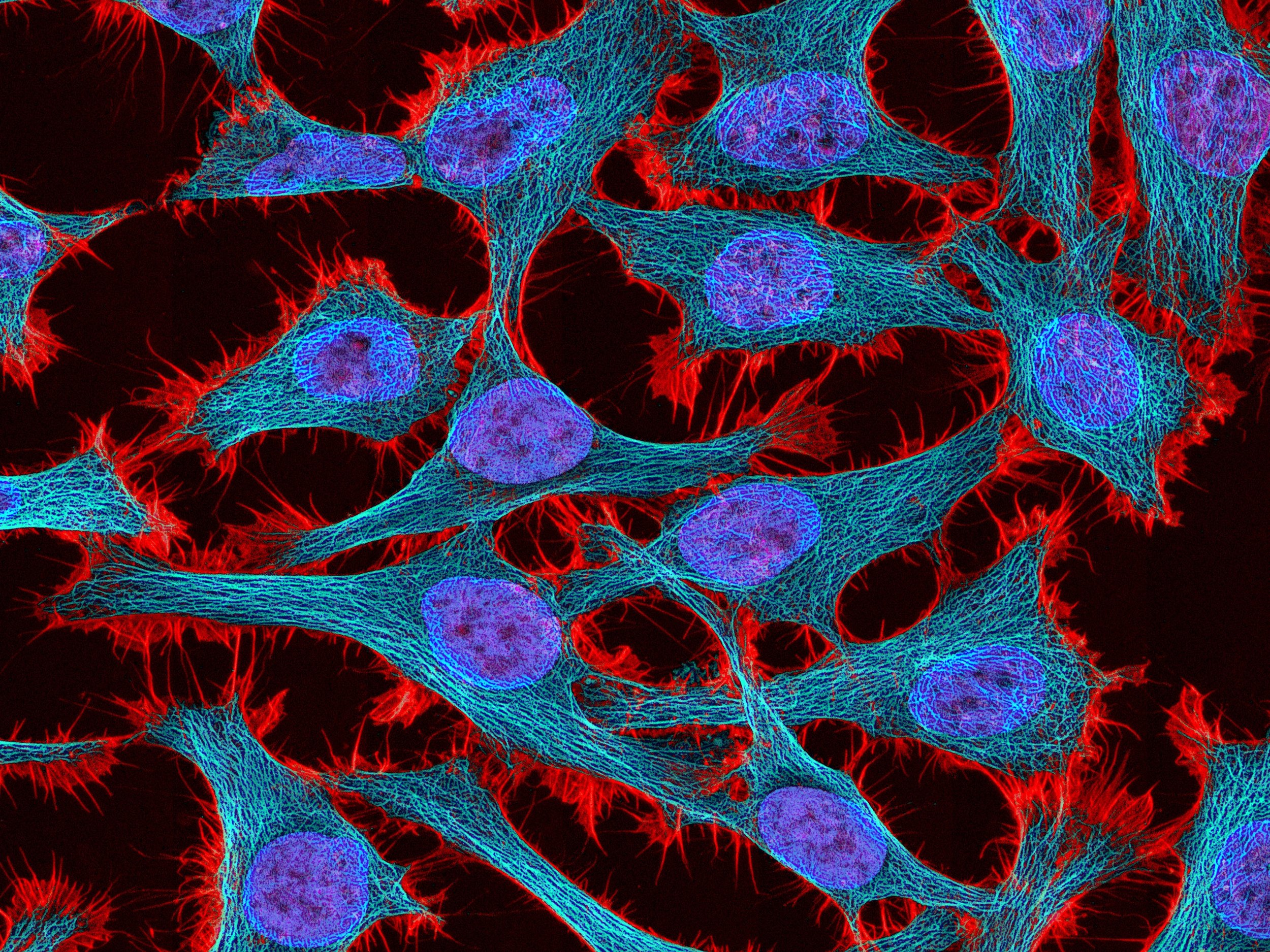The Immortal Life of Henrietta Lacks Book Review
What does it mean to be truly immortal? In Sonnet 18, Shakespeare posits that true immortality is achieved through the permanence of written words. In the Bible, the concept of immortality is tied to the afterlife and the resurrection. Or perhaps, immortality is achieved through the impact one leaves on the world. As Marcus Aurelius once said, “What we do now echoes in eternity” (Scott, 2000). In the case of Henrietta Lacks, her contributions to medicine indeed still echo- seeing as, despite her death in 1951, her cells have continued to live on, infinitely undergoing cell division to this day.
Henrietta Lacks, Credit: The Lacks Family
The reason for this infinite cell division is not some miracle. The story begins when Henrietta Lacks, a 31-year-old African American woman with 5 children, walked through the doors of Johns Hopkins Hospital in 1951 reporting pain in her womb. She was later diagnosed with cervical cancer and underwent rigorous treatment; during which her tissues landed in the hands of George Otto Gey. As Hopkins’s head of tissue research, he had been trying to grow malignant cells outside the human body for years. His team expected her cells to die quickly, just like that of other patients, but Lacks’ cells, to everyone’s astonishment, kept on dividing and surviving, doubling numbers every 24 hours. Thus, the first line of immortal human cells was born.
HeLa Cells, Credit: Tom Deerinck
The problem? These HeLa cells that would go on to be the foundation for many medical breakthroughs like the polio vaccine, chemotherapy, IVF, and even the COVID-19 vaccine, were taken from Henrietta Lacks without her knowledge and consent. Her and her family were also not given a single cent of the millions of dollars made by corporations from these discoveries.
In The Immortal Life of Henrietta Lacks, Rebecca Skloot takes readers on the heartbreaking journey and legacy of Henrietta Lacks, interweaving stories of her building a connection and friendship with the Lacks family that led to the writing of this biography. She accentuates the socioeconomic setting during the time coupled with the complex motives of the individuals and institutions that shaped the treatment of a woman and her cells that would change the world forevermore. Additionally, Skloot integrates the real reactions and opinions of the Lacks family as they attempt to deal with and heal over being done wrong by an innumerable amount of people. Through this, we are able to witness the severe disregard of ethical practices and institutionalized racism clouding American society and healthcare.
“If our mother cells done so much for medicine, how come her family can’t afford to see no doctors?”
The biography allows us to appreciate all Henrietta Lacks has given to modern medicine but more importantly, her case opens our eyes to injustices experienced by marginalized communities and is one of many that contribute to why minorities distrust medical institutions. Skloot also nudges healthcare workers toward improvement- illuminating that understanding and addressing every individual’s story and contribution (including past trauma) is essential in providing better care. While this book would be particularly enlightening for those striving to work in healthcare, it is a remarkably thought-provoking read for everyone- fostering our sense of empathy, a stepping stone towards a more compassionate future.
For those of you interested, The Immortal Life of Henrietta Lacks is now an HBO film starring Oprah Winfrey and Rose Byrne. TEDx has also produced a short animation.
By Chloe Wang (she/her/hers) | Blog Committee Member
References
Ludwig, D. (Producer), & Scott, R. (Director). (2000). Gladiator [Film]. DreamWorks Pictures; Universal Pictures.
Skloot, R. (2010). The Immortal Life of Henrietta Lacks. : Crown Publishers.


